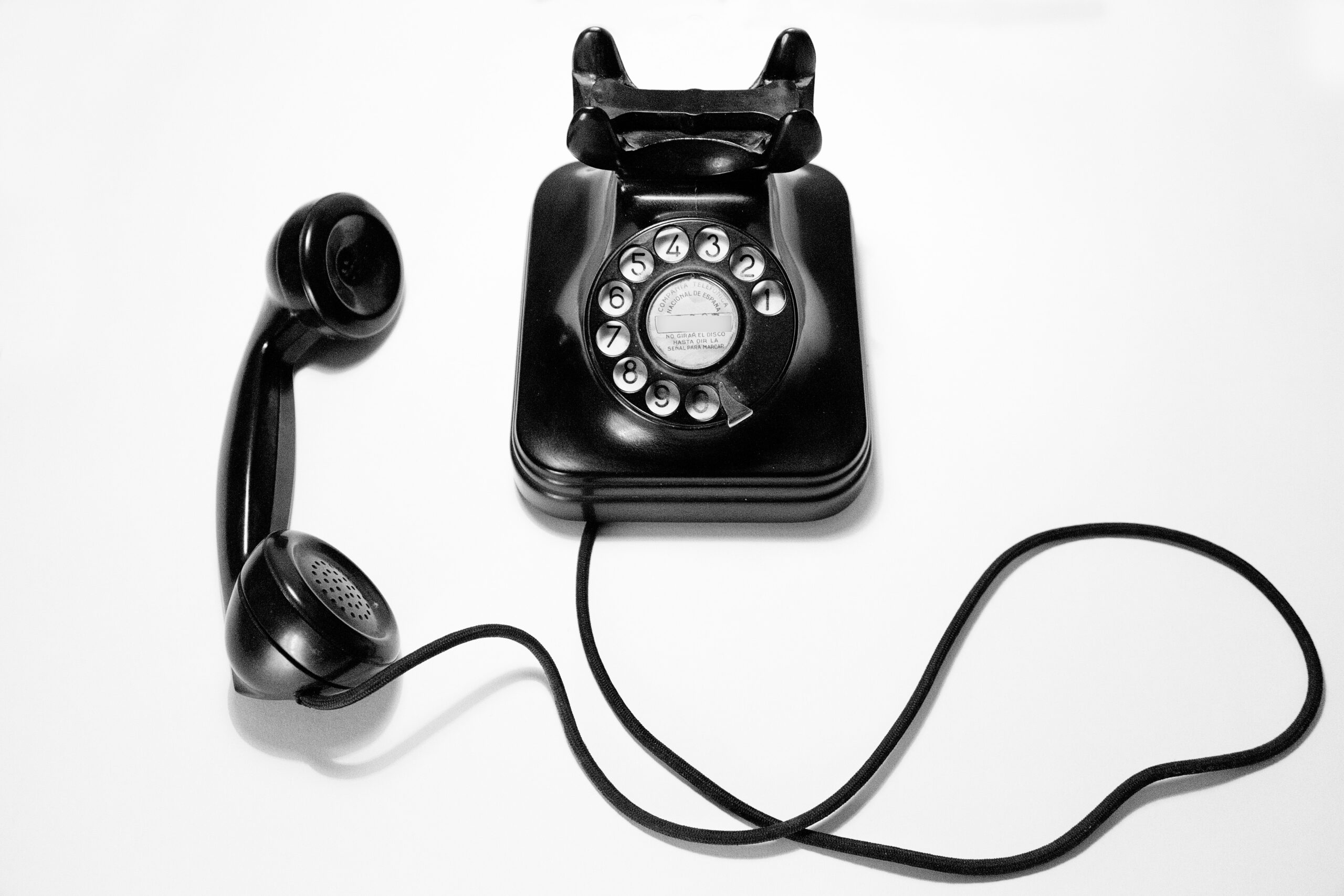Fear of commitment
Suddenly, it is all around us. Its spiderweb cloak looms over, causing thrills and scares. Or did I notice its presence just now, whereas it has always been hanging around? Is life more complicated now than it used to be when I was in my twenties? Wars, environmental crisis, starvation, working competition and exploitation, not to add a pandemic. Are our times more uncertain nowadays? Naaah, every era entails uncertainties, risks, calamities, deadly viruses, challenges, disasters and destruction. Let us not consider our generation special for experiencing extraordinary times.
Having been in a stable relationship for seven years and counting, starting from my mid-twenties, I have been naturally absent from the “market”; not sure how people form romantic relationships in the present day. Are there specific patterns characterising new relationships today? Are things more convoluted than when I was out and about?
Indeed, through endless conversations and analysis on commitment with my closest friends, discussions via phone calls, texts or over coffee, I have noticed the inevitable, disturbing and exhausting pattern of fear of commitment sabotaging any attempt at a romantic relationship. One story after another about men who freak out at the sound and only of the word relationship, get pale, and eventually disappear.
But no. Not only that. I have been hearing horror stories about people that lack the strength to even commit to a date night, a drink or even an afternoon coffee. People who are flaky about future plans with a partner, disappear for some days, cut any communication channel, are always busy -especially after an intimate situation- and absolutely refuse to label the relationship they are in and use terms such as “boyfriend or girlfriend”. Men who fear that a one-day excursion will lead them to the church steps exchanging eternal and adamantine vows about infinite love and dedication.
I looked it up online, trying to make more sense of certain behaviours. Undoubtedly, fear of commitment is not only men’s characteristic; women also experience commitment-phobia, but the stories reaching my ears stem mainly from my girlfriends and are about men.
Like everything, there is a perfectly valid- and scientific- explanation of where this fear derives from:
- Past trauma is one reason for commitment-phobia. Childhood trauma or traumatic experiences from past romantic relationships. A parents’ unpleasant separation during one’s childhood or, later, a toxic/abusive/infidel relationship can cause phobia for future commitment.
- Personality disorders factor in when it comes to forming bonds with another person.
- Attachment issues are formed during childhood and are strongly related to creating bonds with a primary caregiver during the first years of life. The way a parent/caregiver responds to a baby’s crying and need for attention and affection can define one’s style of bonding with another person
- Self-esteem. People with low self-esteem and confidence face difficulties positively responding to another person’s affection, attention, and love. They often believe that they do not deserve to be loved and accepted by a partner.
So, how can one deal with a partner who suffers from fear of commitment?
- If you feel that you should invest in supporting this partner and walk alongside them on this challenging path, creating an open, sincere and trustworthy communication channel is always a good start.
- Help them build their confidence by acknowledging and praising the little or big progress they make.
- Provide a secure network in which they feel loved and not deserted. A relationship where they see you as an alias and not an enemy.
- Encourage them to ask for professional help and guidance from a specialist, such as a psychologist/therapist and offer to partake, if necessary.
- Or, you can just let them go. Change starts from within since the results are detrimental once it is enforced. One should do the best for oneself and be responsible for self-improvement and growth. To hold yourself accountable for another adult’s emotional and mental development is a colossal burden. Letting go can offer peace of mind and tranquillity. Sometimes it is just the right thing to do.
I do not know whether the commitment-phobia is more prevalent now than some years ago and cannot know if the pandemic or other external variants have contributed to aggravating the emotional bonding. Nevertheless, I feel that there are plenty of excuses for not working on oneself should one look for them, and that it takes a tremendous effort and dedication to challenge ourselves to live life.




Hi Katharina,
I much appreciate your thorough reply to this essay and I could not agree more with your observations.
Indeed, like you, many women I know have to deal with such frustrating and discouraging situations. I hear you when you express the feeling of being “disposable”, mainly nowadays when apps and social media have opened the doors to endless possibilities creating a false impression of freedom.
However, as we all know, endless choices bring about chaos, and very often failure to make the right choices. I believe your analogy with the toaster nailed it.
Thank you so much for picking up this topic. It certainly helps to know that I am not the only one.. apparently quite the contrary is the case?
I feel that there is another aspect to consider, as well. These days it’s just too easy to ‘discard’ someone, or something and move on. Kind of like when your toaster break you go to Amazon and just buy a new one. You don’t find yourself in a situation where you need to consider options, such as repairing it rather than throwing it out. The same is the case with relationships.. Consider all the options available to “get someone new”.. Apps, parties, TV shows, etc., etc., etc… If something gets too complicated you just leave it behind and move on.. take the easy way out. That way people can easily avoid looking at themselves and the possibility of having an issue with commitment. They can just ignore it because someone else will come along and play into it.
The other observation I made with Jamie is definitely his low, or rather non-existent feeling of self-worth. He put me on a pedestal equal to some perfect human that he would never reach himself. Thus, he created a rift he want able to cross and no amount of talking and support from my end was able to change that view. As long as people don’t understand the worth they have and the good person they are they will not be able to maintain a stable relationship. They will always feel like lacking behind and eventually it will break the relationship.